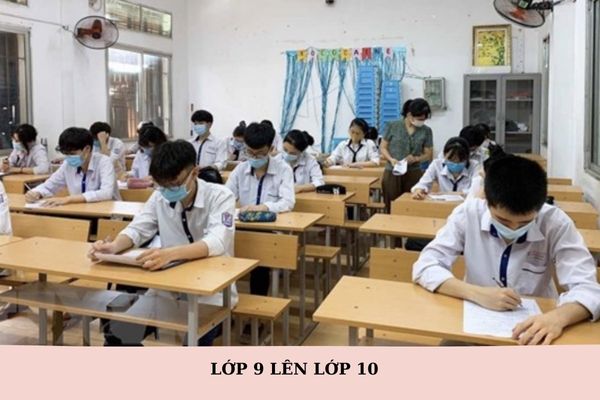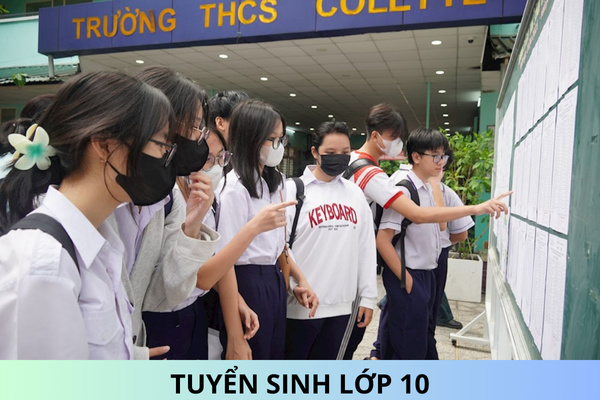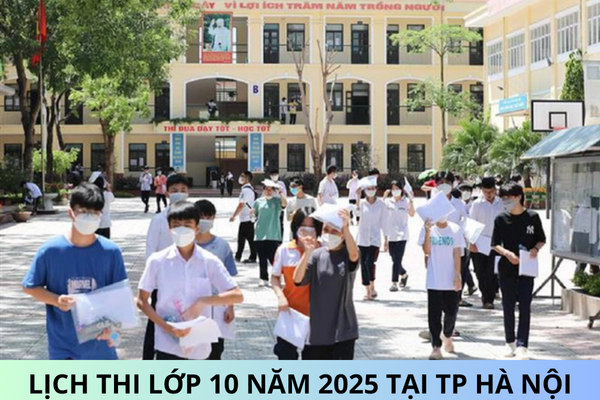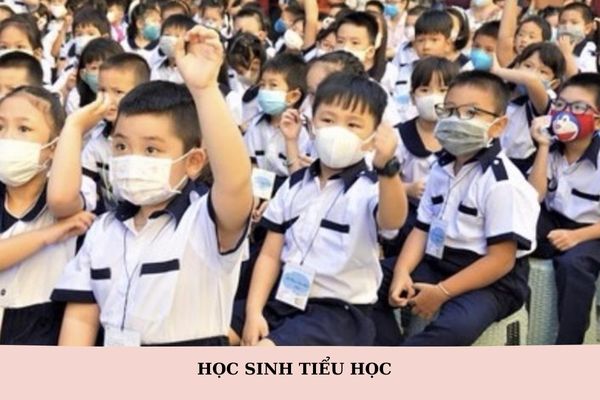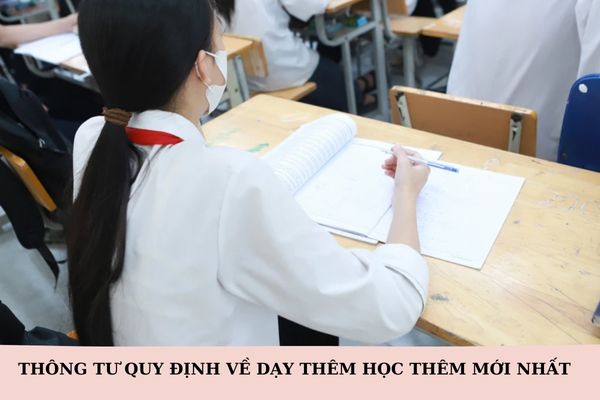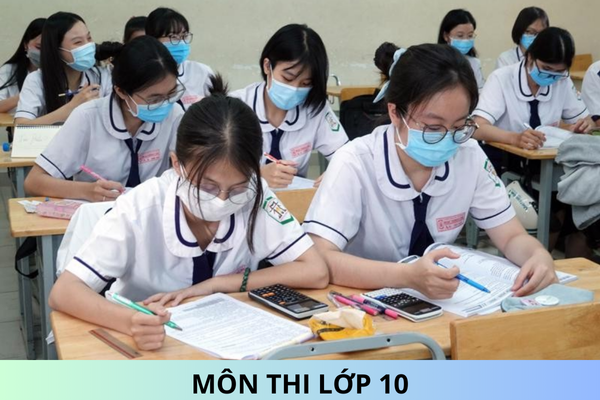Are Ethnic Minorities in Especially Difficult Areas Eligible for Nomination Policies?
Do ethnic people in areas with particularly difficult conditions qualify for admission under the special recruitment policies?
Based on Article 2 of Decree 141/2020/ND-CP, the subjects of application are stipulated as follows:
1. Learners from ethnic minorities eligible for special recruitment policies include:
a) Ethnic minorities with very small populations.
b) Ethnic minorities in areas with particularly difficult socio-economic conditions where there are few or no ethnic minority officials and public employees.
- General education institutions, regular education institutions, intermediate vocational schools, colleges, universities; boarding schools for ethnic minorities; university preparatory schools; People's Committees of provinces and centrally-run cities and relevant agencies, organizations, and individuals shall implement the special recruitment policies.
Therefore, to be considered as an ethnic minority eligible for the special recruitment policies, you must belong to an ethnic minority with a very small population or live **** in areas with particularly difficult socio-economic conditions where there are few or no ethnic minority officials and public employees.
What rights and obligations do ethnic minorities enjoying special recruitment policies have?
According to Article 5 of Decree 141/2020/ND-CP, stipulating the rights and obligations of learners under special recruitment policies, the following applies:
- Learners under special recruitment policies have the following rights:
a) To be fully informed about the special recruitment policies;
b) To be granted scholarships, exemption from tuition fees, and other preferential policies as per the current regulations of the State during the training period;
c) To have their documents accepted for consideration and job placement after graduation.
- Learners under special recruitment policies have the following obligations:
a) To commit before being recruited and to adhere to the commitment to return and work in the local area after graduation;
b) To comply with the laws and internal regulations and rules of the educational institutions; to complete the training program as stipulated in Article 9 of this Decree;
c) To reimburse scholarships and training costs if falling under the cases stipulated in Article 13 of this Decree.
Respectfully!


